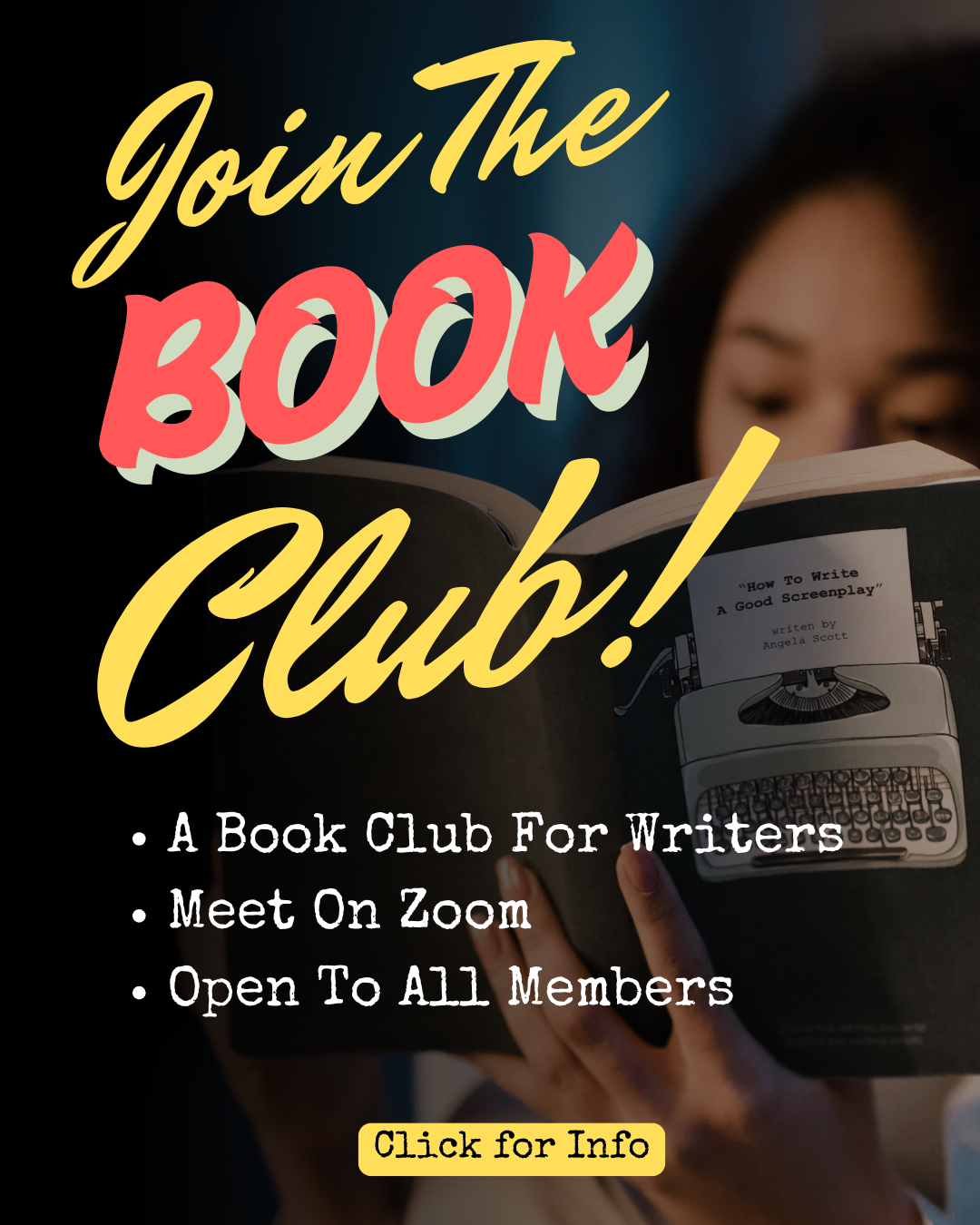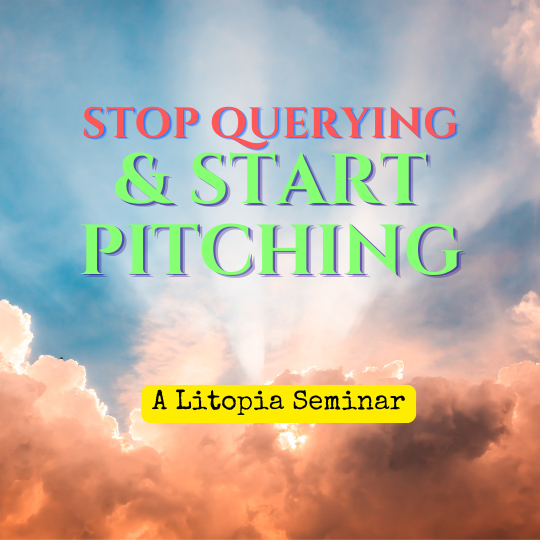Paul Whybrow
Full Member
I've just finished editing my Cornish Detective series, in preparation for a return to querying literary agents and turning myself into a social media raven maven.
Although I've edited these manuscripts a hundred times already, I figured that not having looked at them for months would add to my objectivity. So it proved, and I was helped in appraising my stories by three proofreading apps: Grammarly, Typely, and Hemingway Editor.
This bout of editing felt mechanical, focusing on making sentences less wordy. Not so much story-telling as conforming to what's said to be acceptable by writing gurus.
Overall, I'm pleased with what I did, but last night I completed editing the first novel I wrote, back in 2014-2015, and sat back wondering who would notice the improvements? An editor might be aware that my prose was tight and punchy, devoid of superfluous adverbs, but would a reader appreciate my style? It felt like I'd spent the last six weeks editing to jump through a hoop held up by writing experts.

Who was I trying to please? Me, mainly! And also vaporous literary agents and editors evaluating my writing somewhere in the future.
I'd got lost in the nitty-gritty of writing while overlooking the key factor of what sells a story to a reader—that the premise of the plot intrigues them, and they want to know more—which is what agents and publishers seek as it makes the book saleable as a commercial product.
The thing is, it's hammered into us to make our manuscript as perfect as possible. Self-published eBooks are criticised for being badly edited by their writers. As if to prove a point, this article popped up in a newsletter:
How to Defeat Your Perfectionism in Writing
It included these points on identifying perfectionism in writing:
*A lack of satisfaction in your own writing (because it’s never good enough).
*An inability to stop editing it and just move on (because it’s never good enough).
*Aggravated fear and stress at the thought of your writing going public (because it’s never good enough—yes, we said that already).
*A feeling of failure regarding your work (because it’s never… you get the idea).
*An absence of fun or enjoyment when you write (completely understandable because it’s never good enough).
I recognised some of my traits, especially the inability to stop editing. I've finally accepted that the five manuscripts are as good as I can make them. There'll still be things to improve, but I'll leave that to the editor at an agency or publisher.
I've finally accepted that the five manuscripts are as good as I can make them. There'll still be things to improve, but I'll leave that to the editor at an agency or publisher.
Look at it this way: no writer in the history of publishing has ever submitted a manuscript, to be told by an editor "This is perfect—I didn't have to do a thing to it—I may as well retire!"
Do you ever fret about being a perfectionist?
Have you spent longer editing a story than it took to write it?

Although I've edited these manuscripts a hundred times already, I figured that not having looked at them for months would add to my objectivity. So it proved, and I was helped in appraising my stories by three proofreading apps: Grammarly, Typely, and Hemingway Editor.
This bout of editing felt mechanical, focusing on making sentences less wordy. Not so much story-telling as conforming to what's said to be acceptable by writing gurus.
Overall, I'm pleased with what I did, but last night I completed editing the first novel I wrote, back in 2014-2015, and sat back wondering who would notice the improvements? An editor might be aware that my prose was tight and punchy, devoid of superfluous adverbs, but would a reader appreciate my style? It felt like I'd spent the last six weeks editing to jump through a hoop held up by writing experts.

Who was I trying to please? Me, mainly! And also vaporous literary agents and editors evaluating my writing somewhere in the future.
I'd got lost in the nitty-gritty of writing while overlooking the key factor of what sells a story to a reader—that the premise of the plot intrigues them, and they want to know more—which is what agents and publishers seek as it makes the book saleable as a commercial product.
The thing is, it's hammered into us to make our manuscript as perfect as possible. Self-published eBooks are criticised for being badly edited by their writers. As if to prove a point, this article popped up in a newsletter:
How to Defeat Your Perfectionism in Writing
It included these points on identifying perfectionism in writing:
*A lack of satisfaction in your own writing (because it’s never good enough).
*An inability to stop editing it and just move on (because it’s never good enough).
*Aggravated fear and stress at the thought of your writing going public (because it’s never good enough—yes, we said that already).
*A feeling of failure regarding your work (because it’s never… you get the idea).
*An absence of fun or enjoyment when you write (completely understandable because it’s never good enough).
I recognised some of my traits, especially the inability to stop editing.
Look at it this way: no writer in the history of publishing has ever submitted a manuscript, to be told by an editor "This is perfect—I didn't have to do a thing to it—I may as well retire!"
Do you ever fret about being a perfectionist?
Have you spent longer editing a story than it took to write it?




